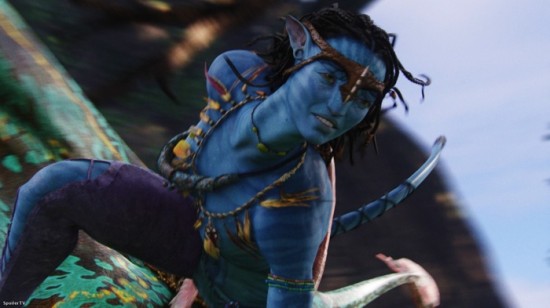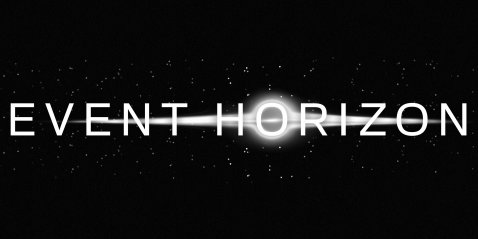Avatar is a fantasy in which the history of colonization is rewritten, but it a fantasy specifically for white people living with a heavy dose of liberal guilt. And it is one that, ultimately, marginalizes indigenous peoples and affirms white supremacy.If it were a fantasy for, say, the American Indian population in the U.S., the story might go a little differently. In that fantasy there would be no Sully character. It’s that simple.Sully, in the movie, is a disabled marine who saves the indigenous population of an alien planet humans are mining for "unobtainium."
I’m going to speculate that, if this were a fantasy written for a colonized population, the hero would come from their own ranks and, at the end of the movie, they would continue life on their land, with their culture intact, under Na’vi leadership, without a human in sight.But that would be a movie that alienated the colonizer. And since history is written, and rewritten, by the victor, Avatar is what we get.Other’s have called it flat-out racist. Now that you mention it, the indigenous population is childish and bestial, and the outfits are generically "tribal."And some have objected to the portrayal of disability:
So, Jake has to save the world and in order to do it he simply cannot be disabled.I’m there. I see you, social criticism. In recalling the movie, I know what the the above writers are talking about. But at the same time, what’s the alternative? More movies about cars and tits? How about talking Mexican Chihuahuas? Perhaps I’m just settling. Hollywood trades in clichés and stereotypes, misogyny and racism. “Hey, at least it’s not as overt as usual” is not the strongest argument. But maybe Avatar says something to average Americans, present day’s ultimate, unknowing colonists. Maybe?Did you see it? Did you like it?




